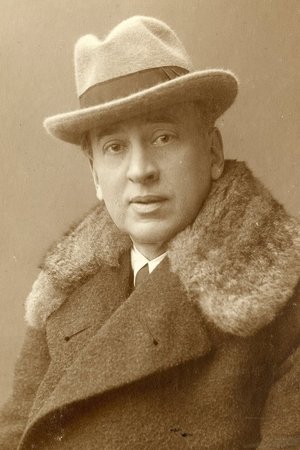Louis Couperus
Louis Marie-Anne Couperus (1863–1923) was a Dutch novelist and poet. His oeuvre contains a wide variety of genres: lyric poetry, psychological and historical novels, novellas, short stories, fairy tales, feuilletons and sketches. Couperus is considered to be one of the foremost figures in Dutch literature. Many of his novels and stories are set either in the Dutch East Indies, where he spent much of his younger life, or in The Hague where he was born, though his work also contains impressions of Italy, Africa and China; the fruits of his tireless travelling. Couperus came to fame with the publication of his novel Eline Vere (1888), a naturalist work influenced by French novelists like Emile Zola and Gustave Flaubert. Couperus' 1891 novel Noodlot (Footsteps of Fate) was much admired by Oscar Wilde. Couperus' later works include De Stille Kracht (The Hidden Force, 1900) and De Berg van Licht (The Mountain of Light, 1906), a decadent novel set at the height of the Roman Empire. His psychological novels, such as De Boeken der Kleine Zielen (The Books of the Small Souls, 1901-1902) and Van Oude Menschen, de Dingen, die Voorbij gaan... (Of old people and the Things that Pass, 1906) enjoyed much success in English speaking countries after the First World War. His historical novels were very popular in Germany. Couperus' books sold better abroad than in the narrow-minded calvinistic Netherlands of his days.
